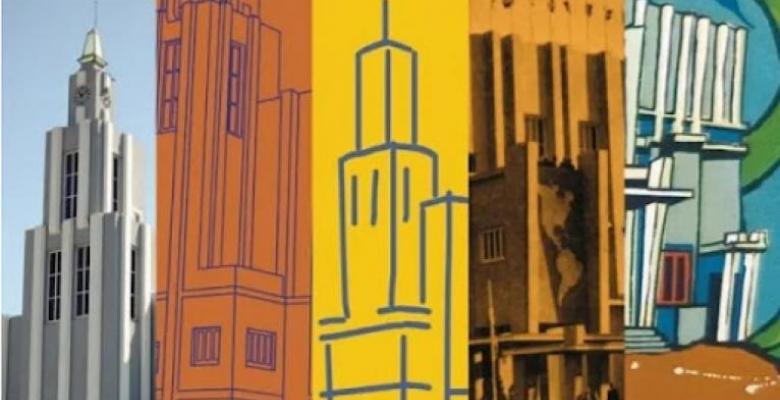An Award for Our America
especiales

If one carefully reviews the long list of Casa de las Américas Literary Award winners and judges, one will find many of the most significant voices in the Latin American canon. Since its creation in 1959, this competition has managed to create an extraordinary map of the continent's literary creation, in which aesthetic trends, social concerns and diverse historical times converge. This is not just a list of winners, but a testament to the thought and sensitivity of the nations on this side of the world.
One of the Prize's greatest achievements has been to give voice to themes that for a long time were ignored or underestimated by the great centers of publishing power, centers largely hegemonic. This openness to diversity has enriched the cultural landscape of Latin America and the Caribbean, broadening the horizon of what’ possible and challenging unilateral visions of these realities.
Faced with a cultural industry increasingly conditioned by the logic of the market, the Casa de las Américas Literary Prize has kept a firm commitment to ethical and aesthetic values. Literature not as a commodity, but as a platform for conscience, as a means of profound expression for the people. In this sense, the Prize has been at the heart of the most significant social processes in the region, participating in the dreams, struggles, pains, and hopes of the majority.
The Casa Award has been at the center of a broad cultural movement that transcends the literary sphere. Many of the discussions sparked by its winning works or by its juries have become lines of thought that have been articulated as study programs within the institution itself. It has been a space for generating knowledge, critical thinking, and dialogue with the present through culture and art.
Despite the difficult times the region has faced (crisis, blockades, institutional fractures), the Prize's vitality remains unquestionable. Its call for entries sparks enthusiasm throughout Latin America and the Caribbean, and its prestige remains intact. Casa de las Américas continues to blaze a trail, reminding us that culture is also a territory of resistance, and that literature has much to say in building a more just, plural, and humane world.
A version of this commentary was published in the Cultural Newscast of Cuban Television.
Translated by Amilkal Labañino / CubaSí Translation Staff













Add new comment